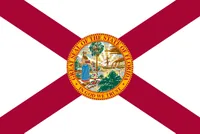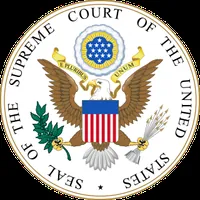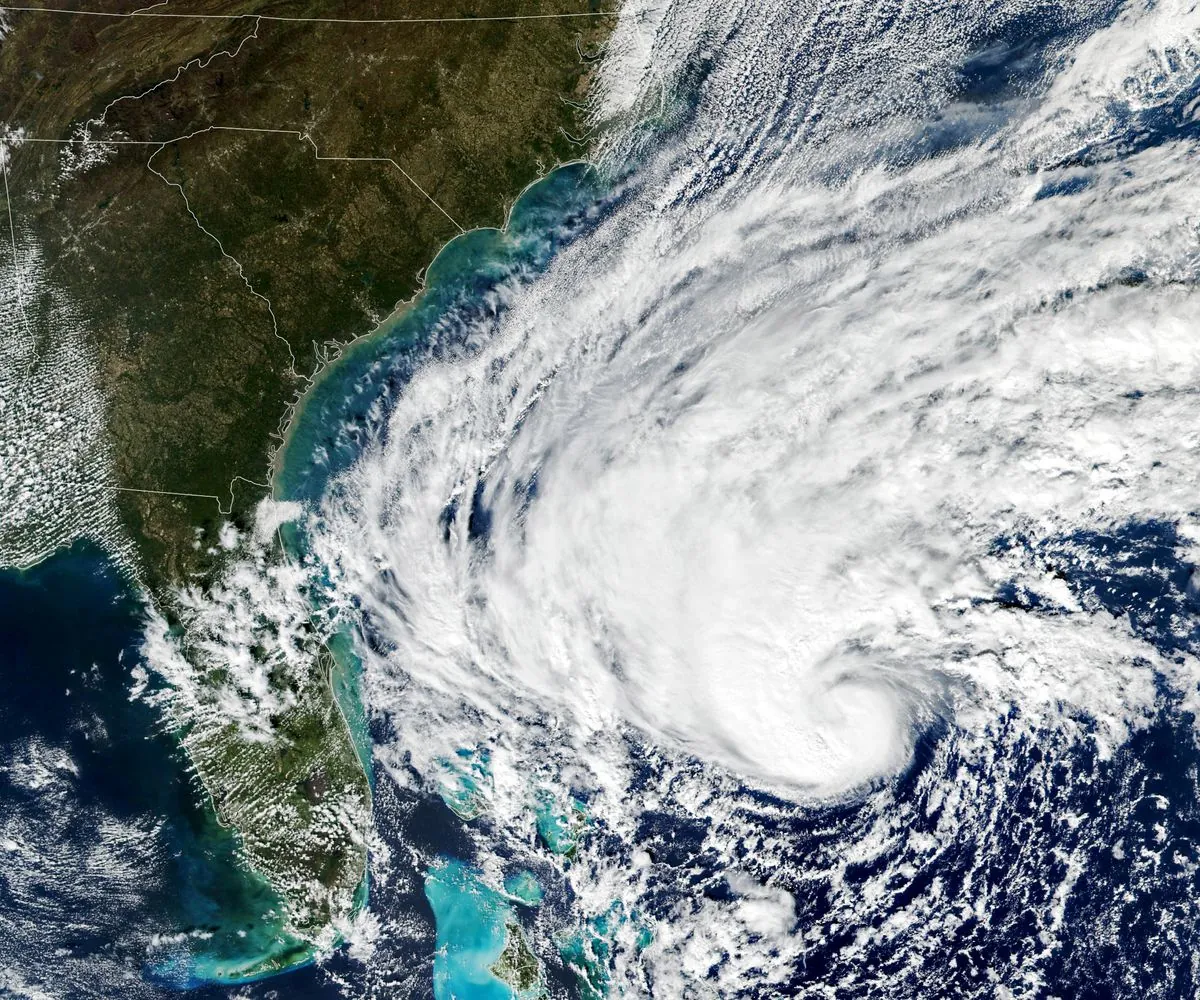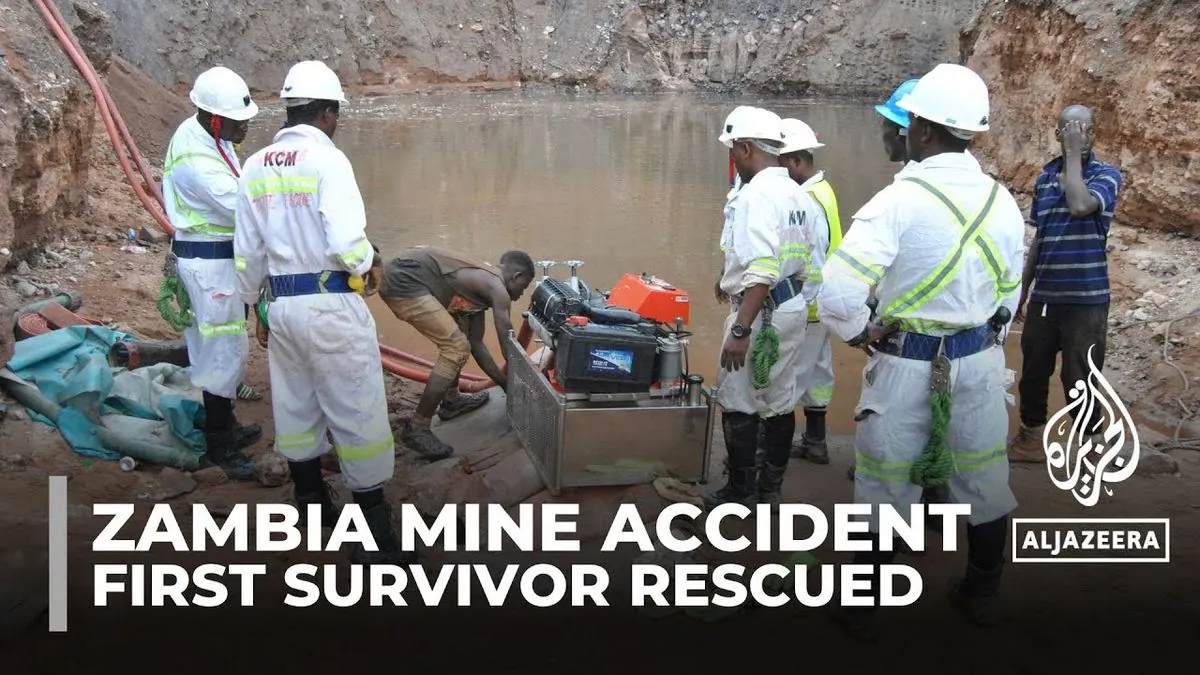Violent Protests Erupt in Tirana as Opposition Clashes with Police
Demonstrators in Albania's capital clashed with law enforcement, demanding government resignations and release of opposition figures. Police used tear gas as protesters threw petrol bombs and damaged property.
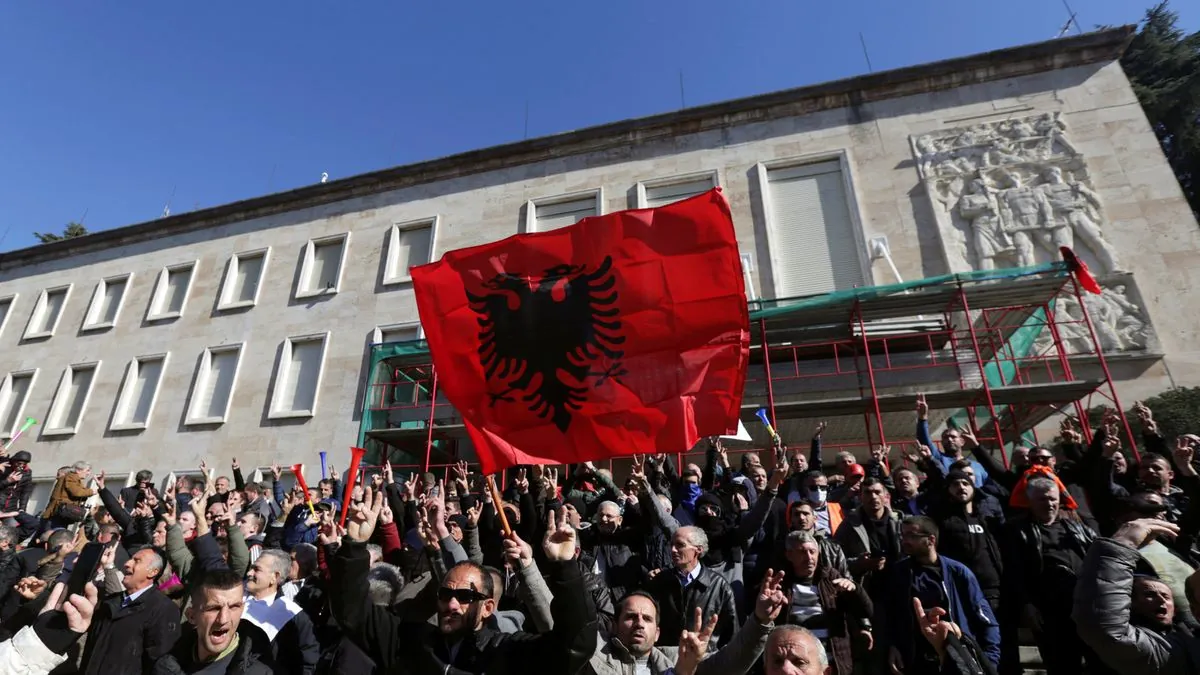
On October 7, 2023, the streets of Tirana, Albania's capital, witnessed intense confrontations between opposition protesters and law enforcement. The demonstrations, which escalated into violence, were part of what organizers termed "civil disobedience" against Prime Minister Edi Rama's government.
The protesters, numbering in the thousands, voiced accusations of corruption and nepotism against the administration. They also demanded the release of opposition figures currently under legal restrictions. Among these were former Prime Minister Sali Berisha, under house arrest on corruption charges, and Member of Parliament Ervin Salianji, recently jailed for allegedly making a false report.
Law enforcement deployed over 1,000 officers to manage the situation. Demonstrators targeted multiple government buildings, including the Prime Minister's office and the Socialist Party headquarters. They employed petrol bombs and rocks, causing damage to city property and setting fire to garbage containers.
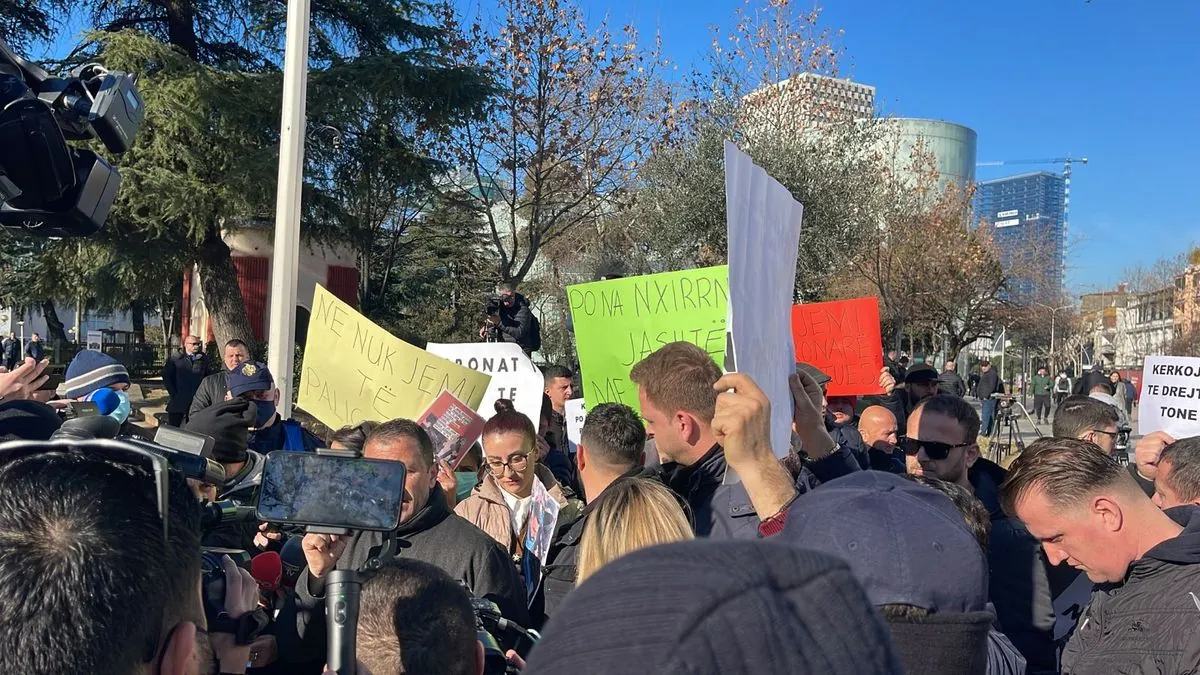
The police response included the use of tear gas to disperse the crowds. According to official reports, ten officers sustained injuries from projectiles during the clashes.
Albania, a country with a complex political history, has been undergoing significant changes since the fall of communism in 1992. The current protests reflect ongoing tensions in the nation's multi-party system, dominated by two main political factions. Edi Rama, who has held the position of Prime Minister since 2013, has faced increasing opposition despite winning three consecutive elections.
These events unfold against the backdrop of Albania's aspirations for European integration. As a NATO member since 2009 and a candidate for EU membership, the country has been implementing judicial reforms to align with EU standards. However, the recent unrest highlights the challenges in this process.
Tirana, home to approximately 900,000 residents, has been the capital since 1920 and serves as the political and economic center of Albania. The city's streets, usually bustling with daily life, were transformed into a battleground during these protests.
"He (Rama) should give up, he should resign, he should go away, he should go in jail for the rest of his life."
This outcry reflects the deep-seated frustrations among some segments of the Albanian population. Another demonstrator, Erges Eskiu, called for unity in civil disobedience, appealing to citizens across political divides and generations.
As Albania continues its journey from a formerly communist state to a market-based economy, such political tensions underscore the complexities of this transition. The country, known for its rich biodiversity and unique cultural heritage, including over 173,000 concrete bunkers scattered across the landscape, faces the challenge of balancing political stability with democratic progress.
The aftermath of these protests may have significant implications for Albania's political landscape and its ongoing efforts towards EU accession. As the situation develops, the international community watches closely, recognizing the importance of stability in this strategically located Balkan nation with its 360 km of Adriatic and Ionian coastline.
















